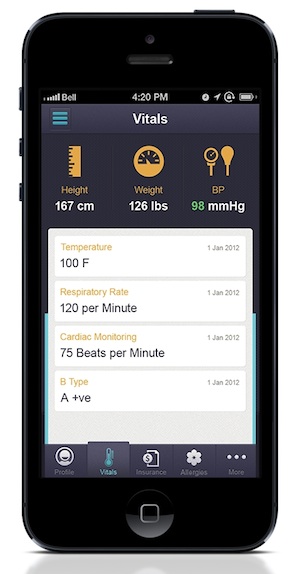 Amazon's 2010 acquisition of Diapers.com doesn't seem like it would be a conversation topic at a Digital Health Innovation Summit. But Girish Navani, CEO of eClinicalWorks, sees Amazon's move into consumer products like diapers as a model for how EHRs can get into the patient engagement business.
Amazon's 2010 acquisition of Diapers.com doesn't seem like it would be a conversation topic at a Digital Health Innovation Summit. But Girish Navani, CEO of eClinicalWorks, sees Amazon's move into consumer products like diapers as a model for how EHRs can get into the patient engagement business.
"I am fascinated by Amazon," he said at the event in Boston. "They started out with a great user experience and ended up getting into the consumer's home with the Kindle [and Diapers.com]. It's a vertically built company. I think I'd like to see eClinicalWorks do the same thing."
EHR provider eClinicalWorks launched its patient engagement system, a mobile app called Healow, in February after trumpeting a $25 million internal investment in patient engagement. The app includes medication and appointment reminders and a personal health record (PHR).
Navani said that he thinks patient engagement and population health management are going to become essential components of an EHR going forward. He compared the first wave of failed PHRs (such as Google Health) to Apple's Newton tablet, which he said didn't catch on like the iPad did mainly because the Internet connectivity piece wasn't in place.
"PHRs without the physician in the equation were useless," he said. "A PHR with the physician is now a very powerful idea."
Navani also talked up the importance of either creating one's own patient engagement platform, like eClinicalWorks does, or very carefully selecting a partner, as opposed to opening up an API and letting anyone interface with your patient information.
"I think Health IT gets a bad rap for this open versus closed data thing," he said. "Could you and I go to Google and ask them for all their search data? Could we go to Amazon and ask for all their data? Open integrations with partners is definitely philosophically aligned with where we want to go. But I believe eClinicalWorks is in the business of managing a user experience that is pretty good, and if that goes down, it hurts us as a company. I prefer to be walking into an Apple Store that says 'there are fewer products in this marketplace, but we've worked hard to make sure they work with our user experience.'"
Part of emphasizing user experience is also soliciting feedback on that experience, he said. The company tracks how many times patients log in to Healow after doctor visits and sends out surveys about ease of use and how its system can be improved.
"I think this is the early stages of another revolution," Navani said. "If you're an entrepreneur don't worry about it being too late in the game. It's not at all late. The consumer making decisions in healthcare is going to change this whole paradigm."



















